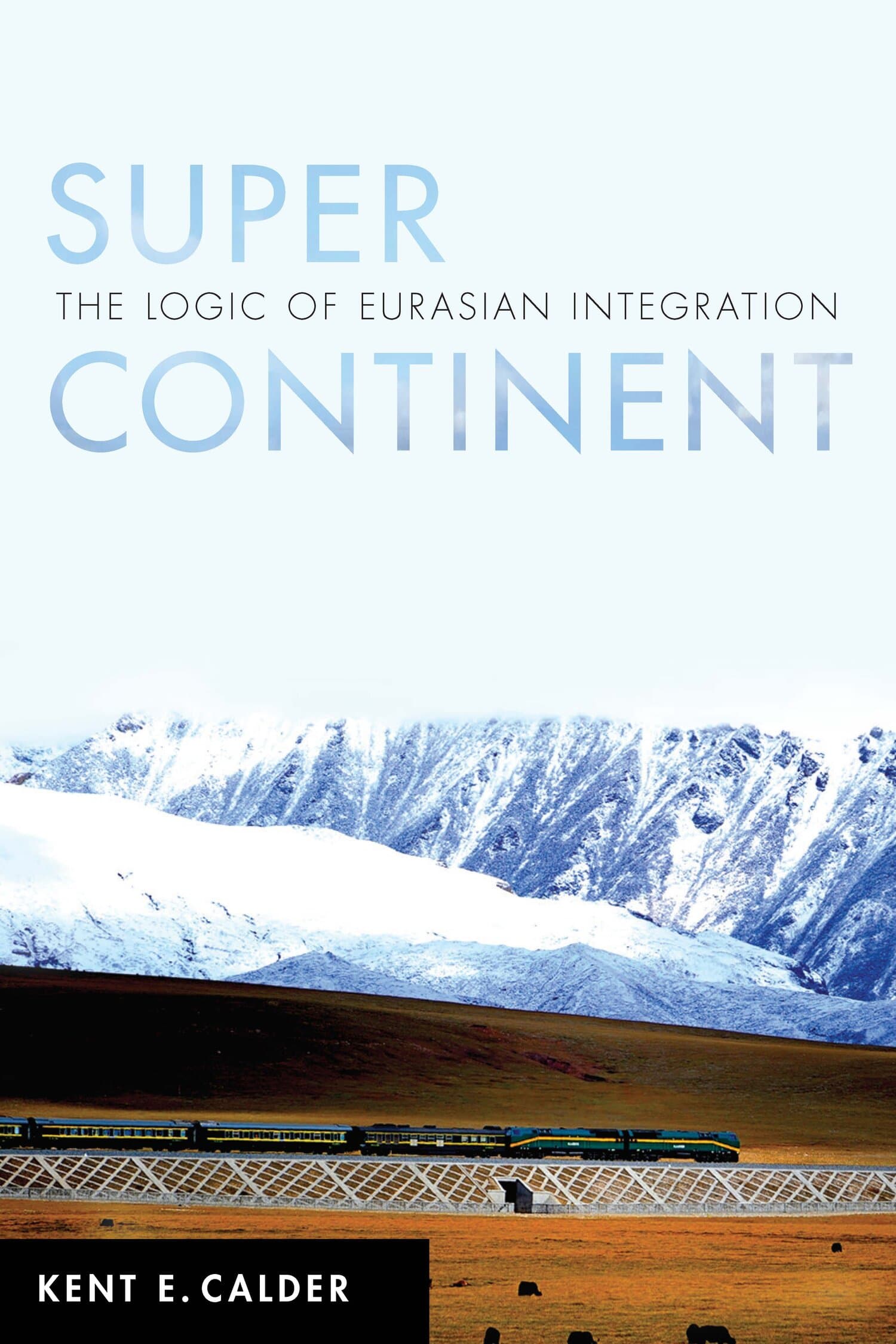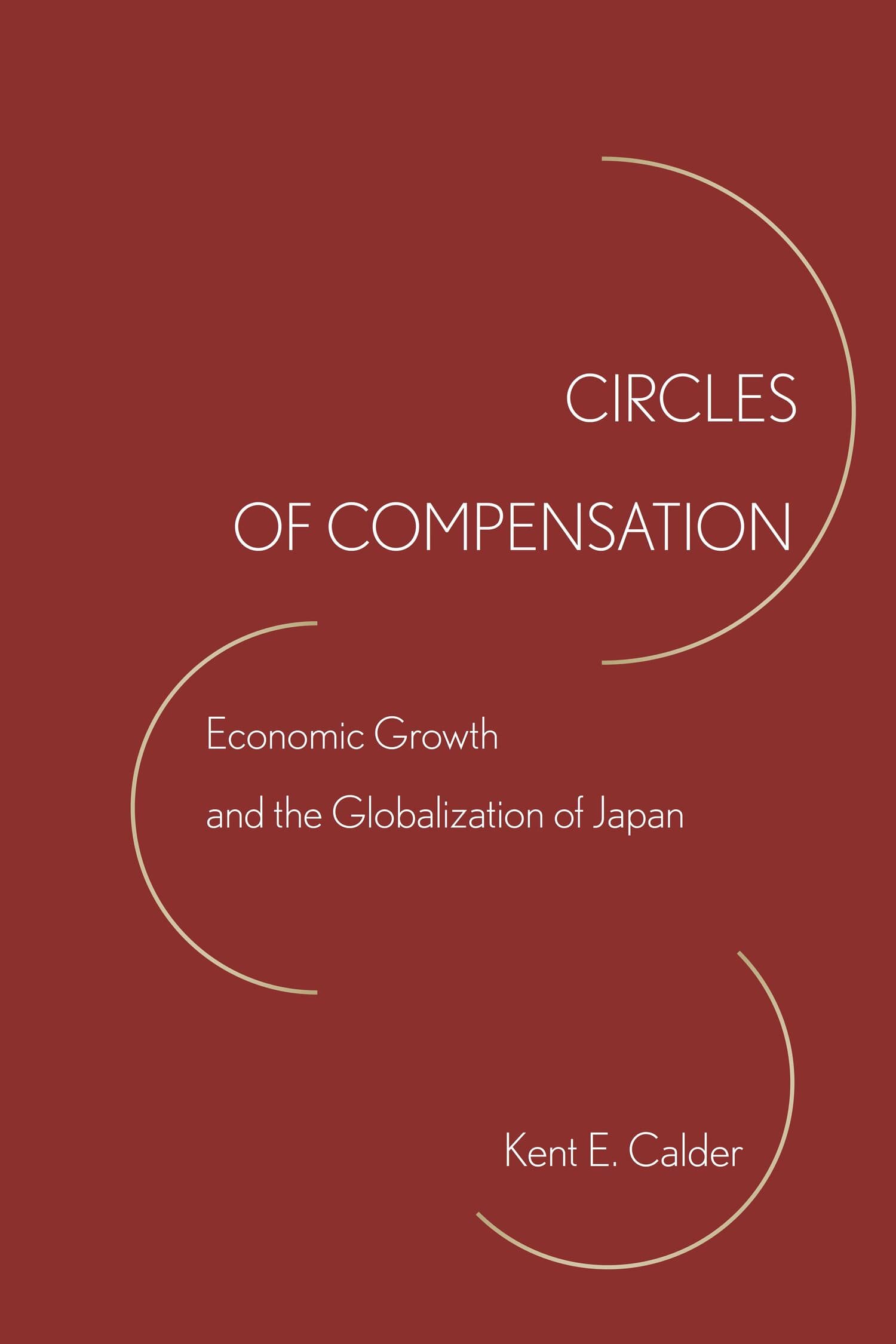Super Continent

A Eurasian transformation is underway, and it flows from China. With a geopolitically central location, the country's domestic and international policies are poised to change the face of global affairs. The Belt and Road Initiative has called attention to a deepening Eurasian continentalism that has, argues Kent Calder, much more significant implications than have yet been recognized. In Super Continent, Calder presents a theoretically guided and empirically grounded explanation for these changes. He shows that key inflection points, beginning with the Four Modernizations and the collapse of the Soviet Union; and culminating in China's response to the Global Financial Crisis and Crimea's annexation, are triggering tectonic shifts. Furthermore, understanding China's emerging regional and global roles involves comprehending two ongoing transformations—within China and across Eurasia as a whole—and that the two are profoundly interrelated. Calder underlines that the geo-economic logic that prevailed across Eurasia before Columbus, and that made the Silk Road a central thoroughfare of world affairs for close to two millennia, is reasserting itself once again.
"Super Continent is a super book. Calder breaks new analytic ground by assessing the Eurasian continent as a whole and describes the multiple centripetal forces that are increasingly knitting this vast landmass – and its many sovereign states – together. He demonstrates a dexterous feel for the multiple private actors, countries and governments, regional organizations, and amorphous forces that are driving de facto integration. This book will be an eye-opener to many readers and should be read widely by scholars, officials, and practitioners."—David Shambaugh, George Washington University
"The bold analysis in Calder's Super Continent reveals a rapidly integrating Eurasian continent with a wealthy and powerful China at its core. It spells out the implications for world order and for a diminished United States in a presentation worthy of Halford Mackinder. American policy makers focused exclusively on the Indian and Pacific oceanic rims ignore Eurasian continental integration at their peril."—David B. Shear, former Assistant Secretary of Defense for Asian and Pacific Affairs
"One of the most erudite experts in East Asian studies today, in an extraordinarily thought-provoking sweep, broadens the transpacific debate to a global one. Today, modern technologies attract corporations and states to establish a logistical network on the Eurasian continent. It brings into almost direct contact the two major global centers, beside the U.S.A.—the EU and China—and helps integrate the vast area in between the two. Kent Calder argues that this may well prove right, belatedly, Halford Mackinder with his geopolitical notion of Eurasian dominance in the world: the creation of a Super Continent. The myth of the Silk Road might finally come true.
While the potential is there, though, Professor Calder argues there is no automatism that the emerging transcontinental network will be successful. Overly ambitious or malevolent Russian and Chinese intentions, or factors such as demographic developments, may take the continent in a different direction. But as this is an age when American presidents withdraw from post-Second World War U.S. engagement with the world, it is not hard to see that the new synergistic dynamism in Eurasia may well be the crucial factor putting an end to America's unipolar dominance in the world. Calder does not fail to outline in a persuasive conclusion what the consequences for U.S. politics should be. ... One of this book's strengths is that it not only describes where present tendencies in Eurasian developments might lead the world. Super Continent is also a welcome challenge to thinkers and practitioners in the field of international relations."—Volker Stanzel, former Ambassador to China and Japan and current Vice President of the German Council on Foreign Relations
"Will China unite or divide the world? Professor Calder expects unity—at least on the super continent....None of us possesses a crystal ball. ButSuper Continentprovides meaningful facts and ideas for assessing alternative futures in world affairs."—Walter Clemens, New York Journal of Books




